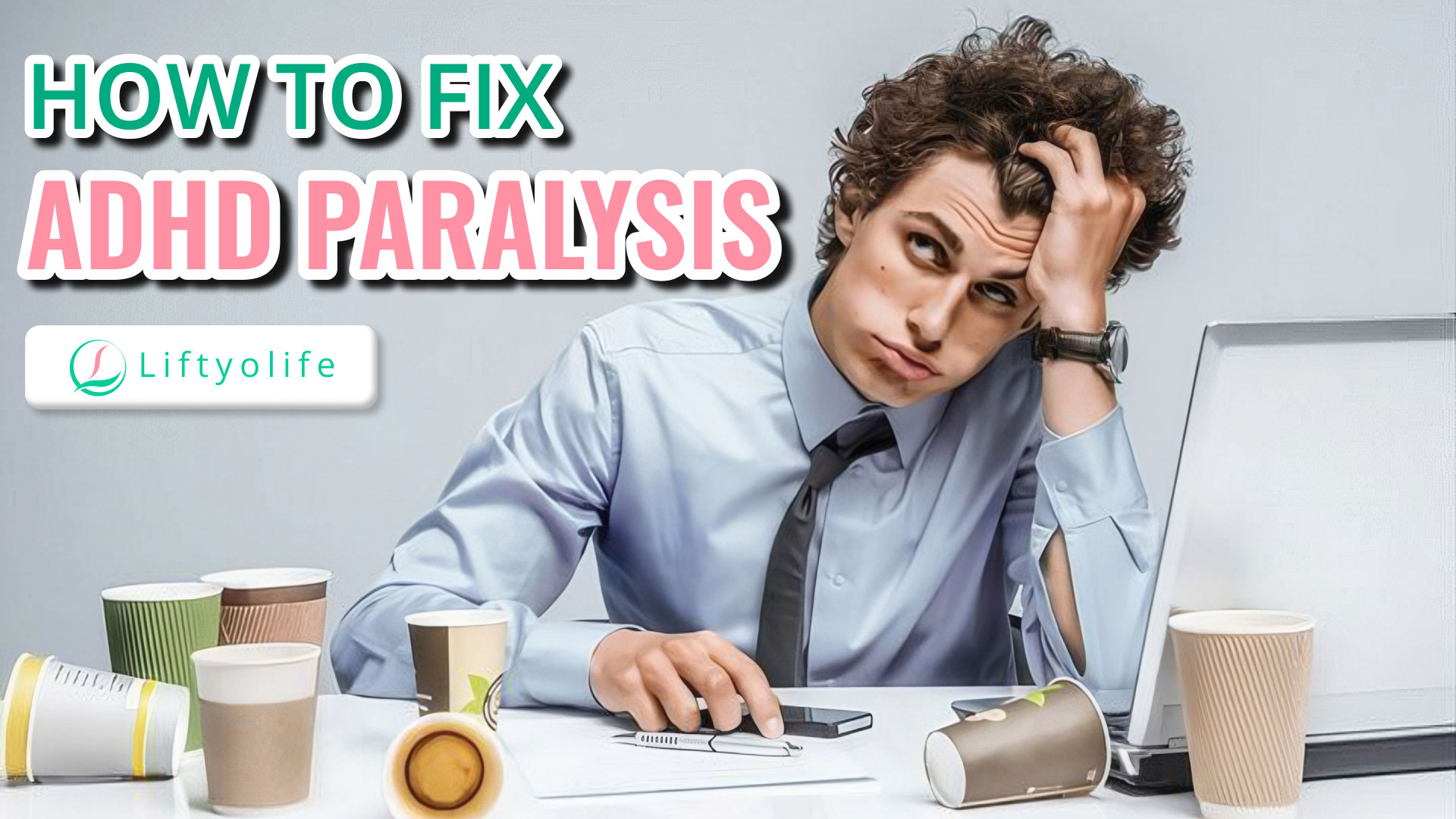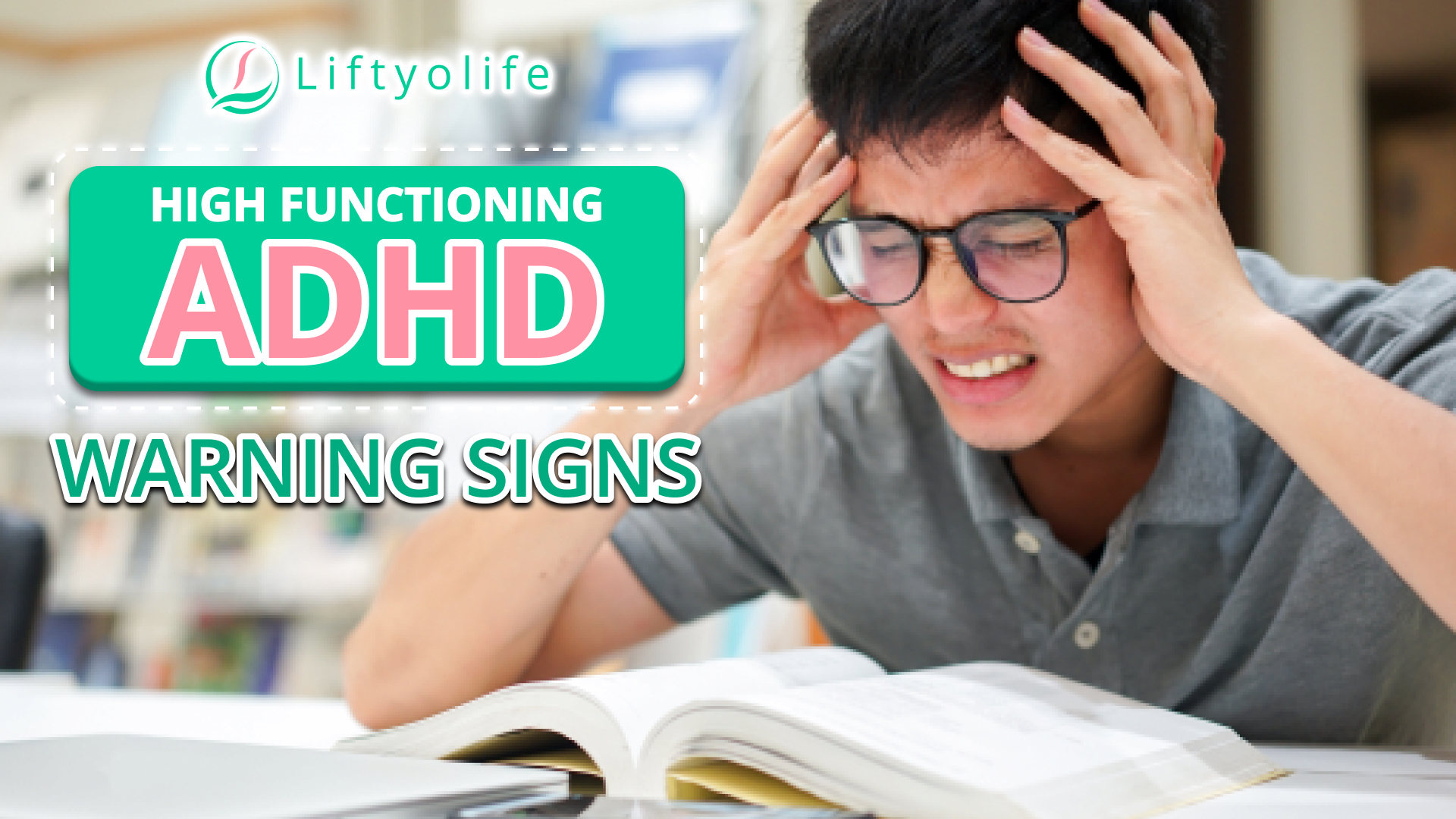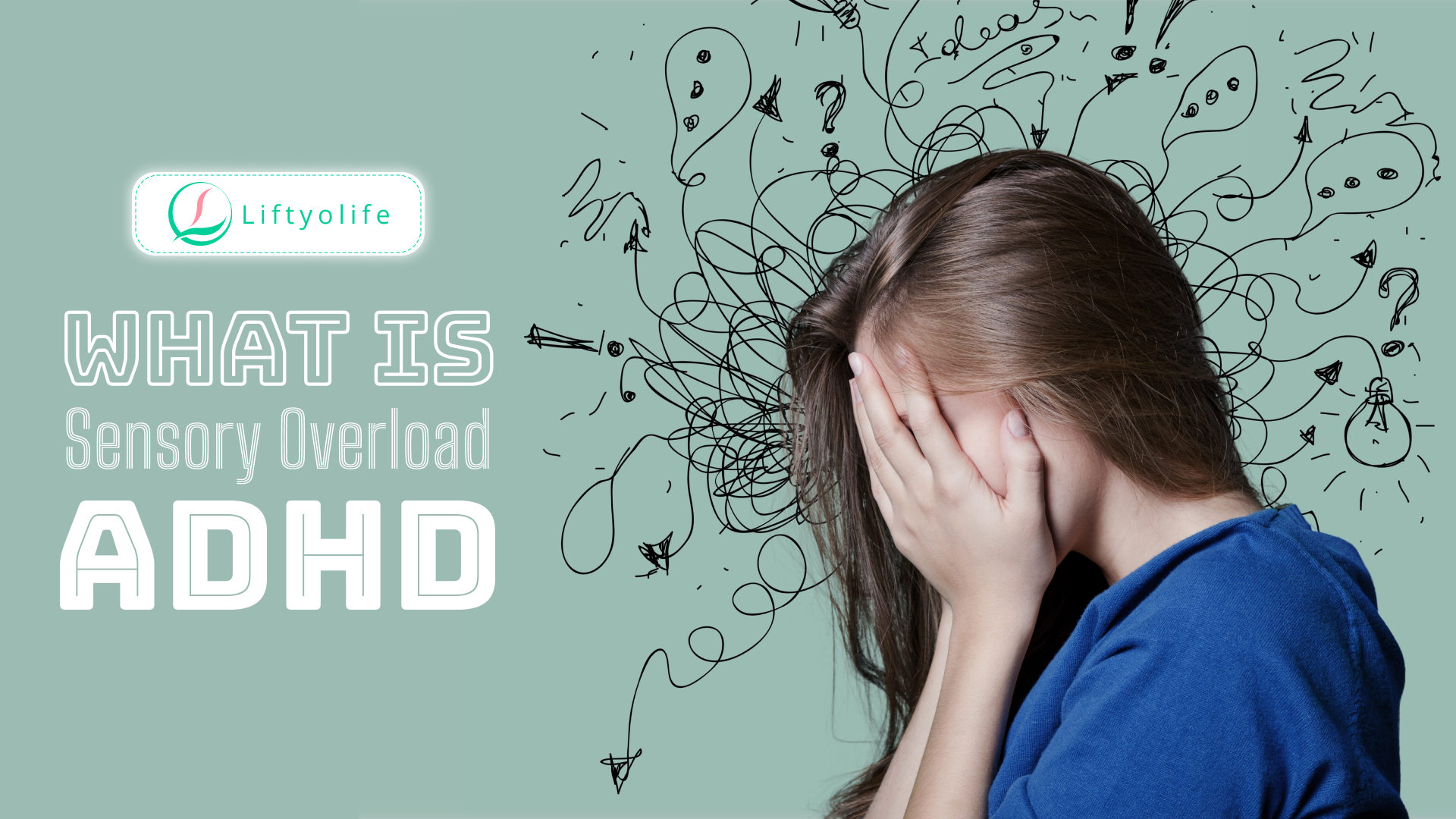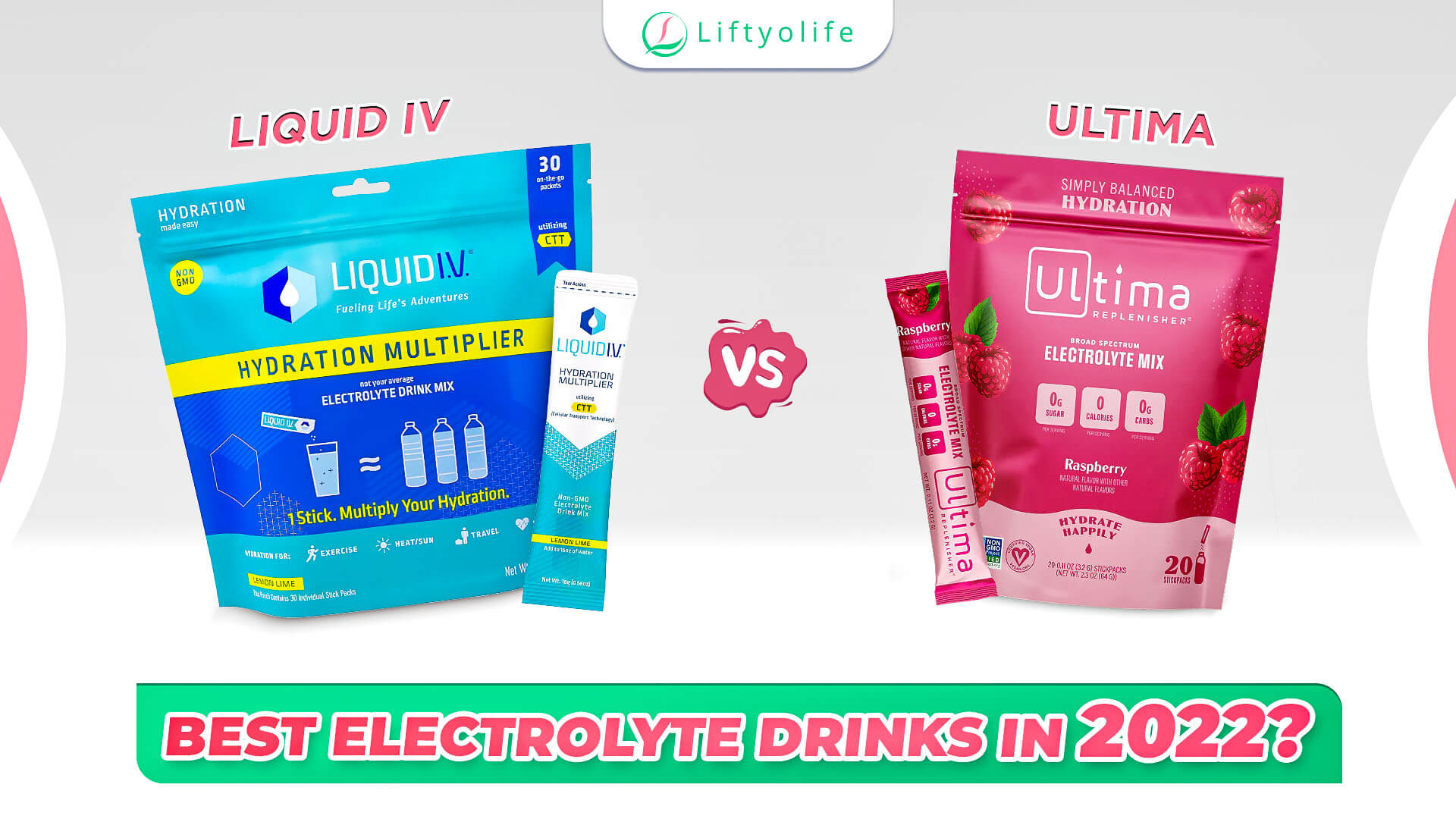Caffeine And ADHD – What’s The Impact?
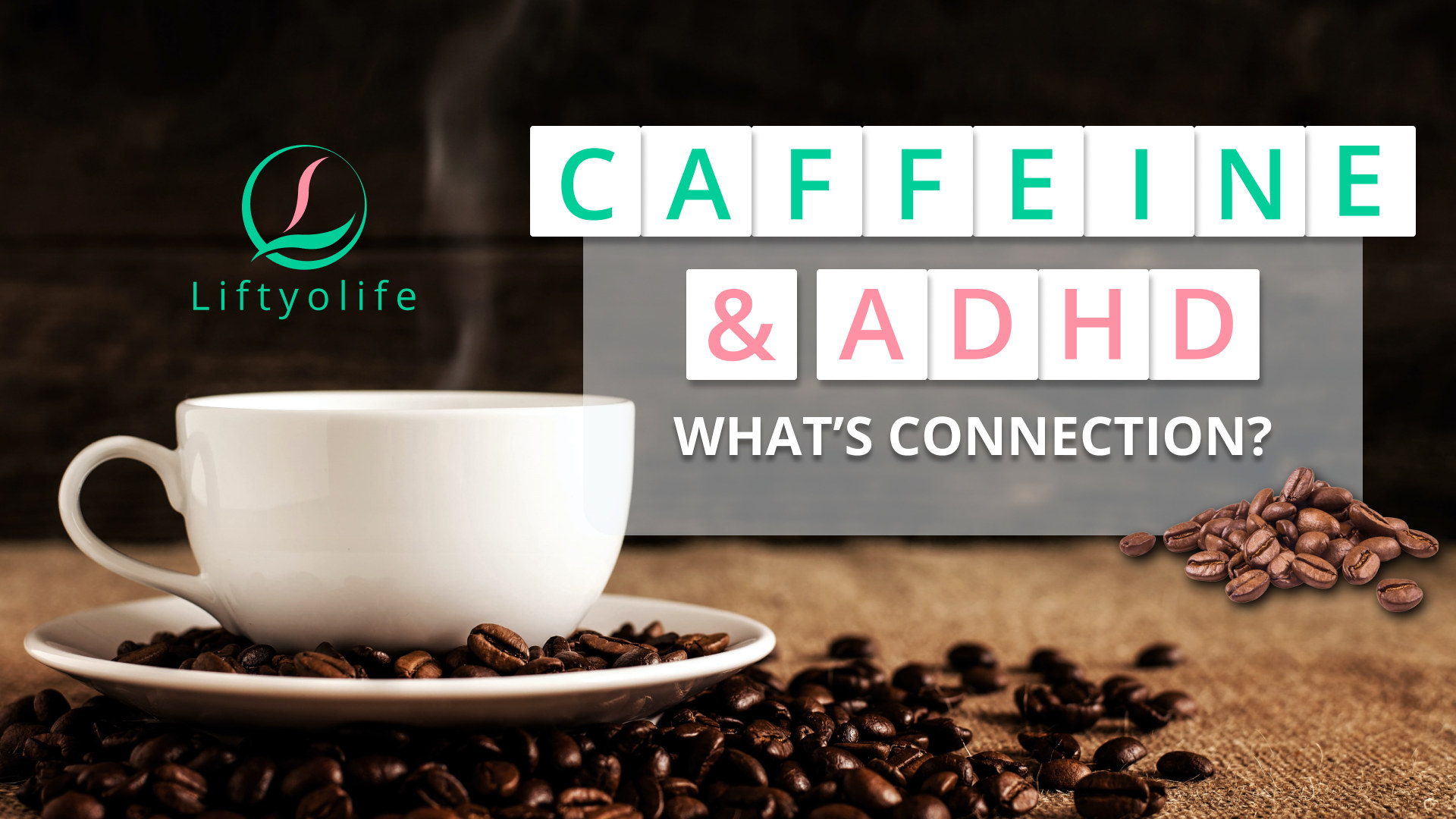
Caffeine and ADHD – what’s the impact? Caffeine is a central nervous system stimulant that acts on adenosine receptors in the brain, influencing attention, alertness, and anxiety. As a result, it can improve your focus and attention span and help control impulsive behavior. Those solutions are necessary and fit for ADHD treatment. So, is caffeine recognized as a therapy for ADHD? Liftyolife (liftyolife.com) can help you figure out the answer.
1. How does caffeine work?
Once consumed, caffeine is quickly absorbed and distributed throughout your body, including your brain. Caffeine’s most well-known effect is keeping you alert and awake. Stimulants like caffeine can increase the number of specific chemicals your brain uses to send signals. Dopamine is one of these. It is associated with pleasure, attention, and movement.
Caffeine works by stimulating your central nervous system, heart, muscles, and blood pressure control centers. Caffeine can raise blood pressure and function as a “water pill,” increasing urine flow.
1.1. Reduced sleep
Caffeine can keep you awake and alert by blocking adenosine receptors in your brain, which promote sleep. It can do so because it is very similar to adenosine in molecular structures, a naturally occurring molecule inside you that typically binds to these receptors.
Adenosine has many functions, one of which is to help regulate your sleep/wake cycle. Adenosine activates adenosine receptors in your brain by binding to them. As a result, pathways that slow neural activity and increase feelings of sleepiness are activated.

Reduced sleep
Your brain’s adenosine levels fluctuate. Its levels are relatively low when you first wake up, but they gradually increase throughout the day. After some hours of being awake, adenosine levels rise to the point where they begin to make you sleepy. Then it’s bedtime, and the cycle begins the next day again.
However, as previously stated, adenosine is not the only molecule capable of binding to these sleep-promoting receptors in your brain. Caffeine can do the same. Caffeine, unlike adenosine, does not activate these receptors when it binds to them. On the other hand, caffeine blocks them, preventing adenosine from binding and activating their sleep-promoting effects while keeping you awake and alert.
1.2. Reduced blood flow to the brain
Caffeine is a vasoconstrictor as well. That is, it constricts blood vessels and reduces blood flow. It alleviates headaches by reducing blood flow. Amphetamine medications used to treat ADHD cause blood vessels to constrict. Caffeine may have some of the same effects as common ADHD medications.
Though the exact reason is unidentified, reduced blood flow may aid in treating ADHD by reducing the activity of overactive brain regions, allowing them to better function and cooperate with the rest of the brain.
2. Caffeine and ADHD
Caffeine is a stimulant and the world’s most widely used psychoactive drug. Because most ADHD medications involve stimuli that activate the nervous system, some research suggests that caffeine can be used to mitigate the disorder’s effects.
Caffeine is also recommended in treating ADHD (Journal of Psychopharmacology, 2014) (1) because it inhibits the action of adenosine receptors in the brain. The adenosine receptors are involved in cognition and attention, and the review suggests that this may contribute to caffeine’s stimulatory effects in people who live with ADHD.
2.1. Using caffeine for concentration
Dopamine levels in the brain must be within a very narrow range for a person to concentrate on their work. On the other hand, dopamine levels are abnormally low in people with ADHD. Caffeine and amphetamines are stimulant chemicals that raise dopamine levels.
Adding stimulants will raise dopamine levels in most people, causing agitation and anxiety. However, for people with ADHD, adding stimuli can help achieve the desired levels. Several cups of coffee during the day can have a significant impact.
Some studies have shown caffeine to improve concentration in people with ADHD. Because it is a stimulant, it mimics the effects of stronger stimulants used to treat ADHD, such as amphetamine medications.
Caffeine, on the other hand, is less effective than prescription medications. It can be used safely to treat ADHD in adults, but it can be harmful to children and teenagers.
2.2. Using caffeine with ADHD medications
Caffeine may not be enough to treat ADHD on its own. Doctors prescribe medications containing higher, controlled doses of stimulants specifically designed to treat ADHD. Caffeinated foods and beverages may not provide enough of the drug, particularly in people with severe ADHD.
When caffeine and amphetamine medications such as Adderall (amphetamine and dextroamphetamine) combine, an effect known as synergy occurs. Synergy occurs when two drugs have additive mechanisms of action, resulting in a stronger combined effect. Caffeine increases the effectiveness of amphetamines, so someone taking Adderall, for example, would likely experience a stronger effect, including more side effects.
Please keep in mind that taking caffeine with other ADHD medications can result in a stimulant overload, increasing the risk of side effects, so ask your doctor’s advice before taking any drink containing caffeine.
3. Risks of using caffeine
How much caffeine will be called overused? It is equivalent to four to six cups of coffee per day, or 500 to 600 mg. Caffeine’s effects may exacerbate some ADHD symptoms. Caffeine overdose may result in:
- sleeplessness,
- muscle shakes or tremors,
- forgetfulness,
- irritability,
- rapid heartbeat,
- anxiety,
- insomnia,
- upset stomach.

Risks of using caffeine
You may be consuming too much caffeine if you are experiencing anxiety or difficulty sleeping. To control stomach pains, take your medication and caffeine with food at all times. If nausea persists, consult your doctor.
4. How much caffeine is safe?
Caffeine doses of under 400 milligrams per day appear to be safe for most healthy adults. That’s about the caffeine content of 4 cups of brewed coffee, 10 cans of cola, or 2 “energy shot” drinks. Furthermore, the maximum caffeine intake in children varies by age, with 45 milligrams (roughly one 8-ounce cup) for a 4- to 6-year-old and 85 milligrams (approximately one 8-ounce cup) for a 10- to 12-year-old. Caffeine should be a maximum of 300 milligrams per day for pregnant women and those trying to conceive. Bear in mind that caffeine in beverages varies greatly, particularly among energy drinks.
5. Caffeine and children
Every day, most children and adolescents consume caffeine in some form. Caffeine is naturally found in some plant-based foods and beverages, and it is also added to many manufactured products.
Adolescents most commonly consume caffeine through soda, coffee, and tea, but parents should be aware that numerous caffeine-containing products are available. Checking product labels and ingredient lists will tell you exactly how much caffeine is in the product. It is critical to understand that different products contain varying amounts of caffeine. Furthermore, your child may not react to caffeine in the same way as another child.
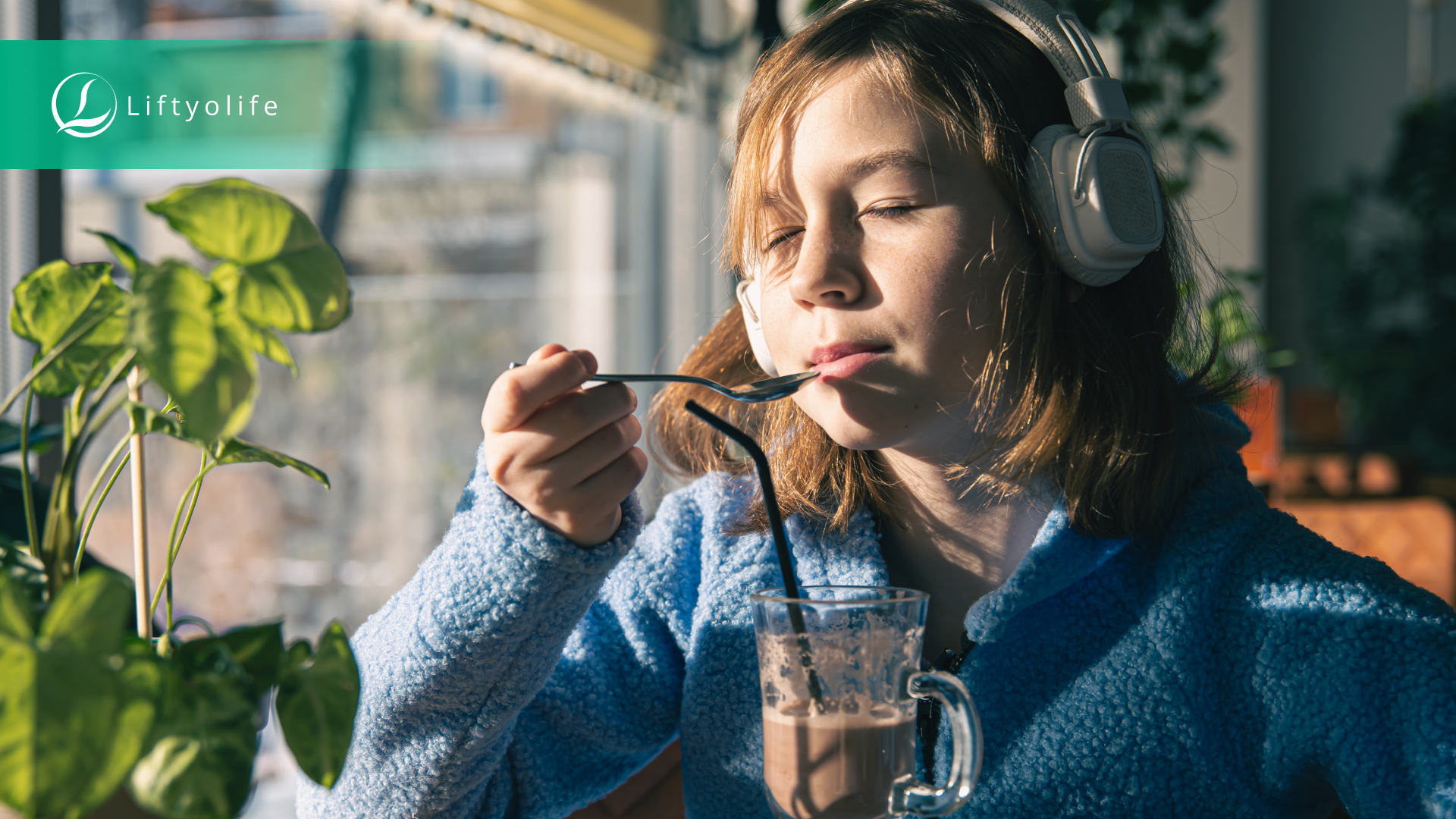
Caffeine and children
Caffeine should only treat ADHD in children and teenagers under medical supervision.
The Academy of Nutrition and Dietetics said many children already consume more caffeine than is safe in their diet, primarily through soda consumption. Here are some studies on how excessive caffeine use can lead to:
- Caffeinated beverages, such as soda can impair growth and brain development by reducing sleep and nutritional intake.
- A study in the journal Canadian Family Physician announced children and teenagers with ADHD may experience increased heart rate and blood pressure after consuming caffeine regularly. (2)
- The American Academy of Pediatrics (AAP) advises against giving children energy drinks because the high levels of stimulants can cause serious health problems. (3)
6. What does the research say about treating ADHD with caffeine?
According to a study published in 2011 in the Journal of Medical Hypotheses and Ideas, tea consumption may effectively treat ADHD in adults. Another study published the same year discovered that rats who consumed caffeine experienced a significant improvement in their attention deficit disorder.
Caffeine’s therapeutic potential as therapy or adjunctive agent in ADHD was called for in a 2014 review published in Psychopharmacol. (4)
In addition, according to a 2013 study published in European Neuropsychopharmacology, caffeine may be helpful as a treatment because it appears to normalize dopamine levels and improve attention in people with ADHD.
7. Caffeine & ADHD medication
Some studies have proven caffeine to improve concentration in people with ADHD. Because it is a stimulant, it mimics the effects of stronger stimulants used to treat ADHD, such as amphetamine medications.
Caffeine, on the other hand, is less effective than prescription medications. Caffeine can be used safely to treat ADHD in adults, but it can be harmful to children and teenagers.
Taking a stimulant medication followed by several cups of coffee can result in overstimulation, heart palpitations, insomnia, and other potentially dangerous side effects. Having a moderate amount of coffee while taking ADHD medication, on the other hand, may not have any adverse effects. Still, you have to check with your doctor or pharmacist to see if coffee is safe to drink while taking the medication and how you should limit your caffeine intake. If you begin to notice symptoms such as headaches, heart palpitations, tremors, anxiety, hallucinations, or jitteriness, discontinue caffeine use and consult your doctor as soon as possible.
Have you discovered the link between caffeine and ADHD? Although caffeine aids in treating ADHD, excessive use can cause a slew of severe side effects and may harm your health in the long run. While one person’s symptoms may be alleviated by a cup of coffee in the morning, another’s may not. That is determined by each individual’s body and preparation to live with ADHD. Liftyolife (liftyolife.com) has a wealth of health-related information for you to explore.
